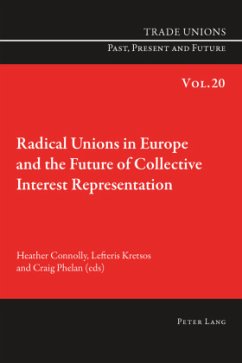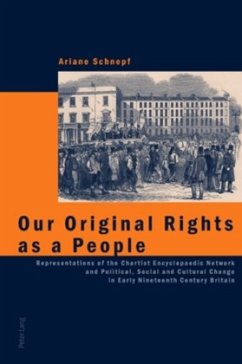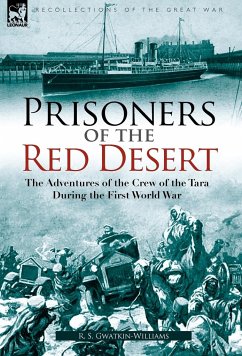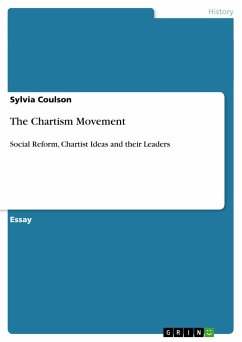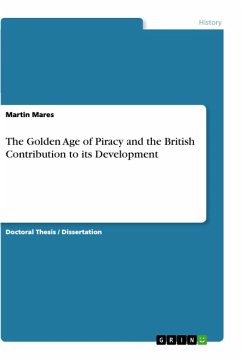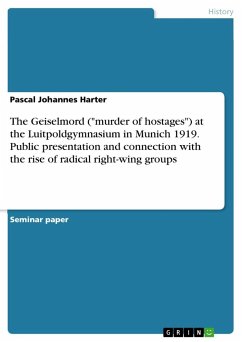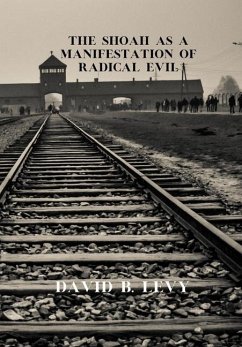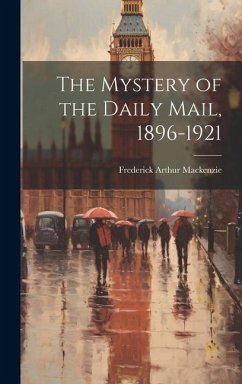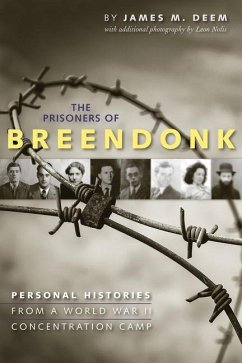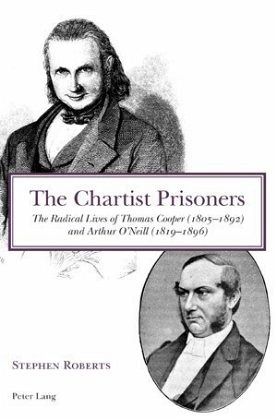
The Chartist Prisoners
The Radical Lives of Thomas Cooper (1805-1892) and Arthur O'Neill (1819-1896)
Versandkostenfrei!
Versandfertig in 6-10 Tagen
48,95 €
inkl. MwSt.

PAYBACK Punkte
0 °P sammeln!
This book recovers the stories of two remarkable Victorian working men. Thomas Cooper and Arthur O'Neill were both imprisoned for seditious offences in 1843. The friendship they formed in Stafford Gaol lasted for fifty years. These two men wanted to be remembered as Chartist prisoners - but, talented and energetic, they also made their marks in other areas. Cooper was the author of a famous poem , The Purgatory of Suicides , and of novels; he knew well Thomas Carlyle and Charles Kingsley, and came into contact with Benjamin Disraeli and Charles Dickens. Later in life he became a lecturer in de...
This book recovers the stories of two remarkable Victorian working men. Thomas Cooper and Arthur O'Neill were both imprisoned for seditious offences in 1843. The friendship they formed in Stafford Gaol lasted for fifty years. These two men wanted to be remembered as Chartist prisoners - but, talented and energetic, they also made their marks in other areas. Cooper was the author of a famous poem , The Purgatory of Suicides , and of novels; he knew well Thomas Carlyle and Charles Kingsley, and came into contact with Benjamin Disraeli and Charles Dickens. Later in life he became a lecturer in defence of Christianity. O'Neill worked with Joseph Sturge and Henry Richard for peace and international arbitration, attending a number of international peace conferences. An important contribution to Chartist studies, this book also examines in detail artisan literary activity, pacifism and Christian apologetics in Victorian Britain.



